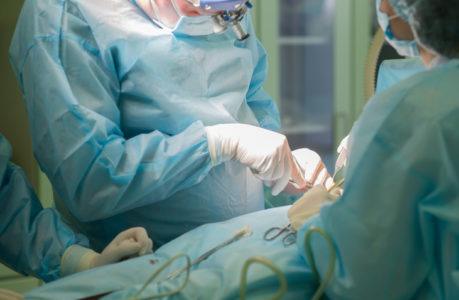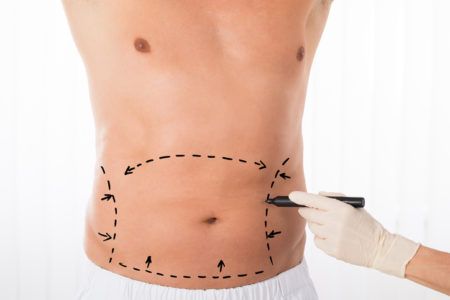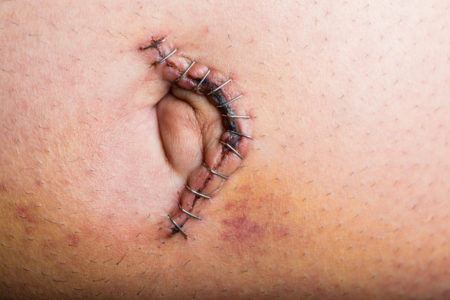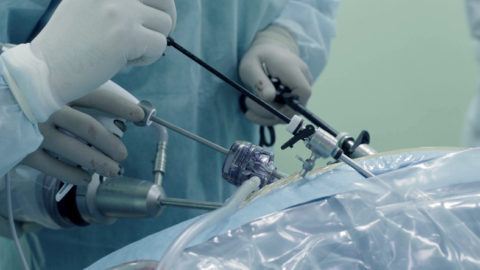Eventration: what it is, causes, symptoms and treatments
As with any surgery, unwanted side effects or rebound effects may occur that the patient must always bear in mind before proceeding with the operation. Well, in today's post we want to address the issue of eventration: what it is, causes, symptoms and treatment s. To do this, we will address more general issues, such as what is the eventration and the causes of eventration, to delve into the details of this matter, such as the symptoms of eventration or treatments for eventration. Do not get caught by surprise and be prepared for any circumstance that may come.

What is the eventration
Before going into the details, we will have to know first of all what the hernia is. In general, eventration is a type of hernia that is generated in the area of the wound of a previous surgical intervention . That is, the result of poor healing or poor healing of the incision of surgery, causes damage to the tissues of our body. The difficulties in this type of situations are mainly in that this fact causes the separation of the tissues with a consequent displacement of the organs towards the tissues under the skin.

Depending on the formation of the incisional hernias, a classification has been established: chronic eventration or acute eventration. Chronic eventration is one that causes pain in the patient since there is a lump or tumor in the abdominal area. The size and intensity of pain may vary depending on the patient's personalized factors. To detect this type of eventration, in the exploration phase, the doctor can detect a lump in the abdominal area. In contrast, acute eventration comes from the separation of the incision from the surgical intervention and, therefore, a possible exposure and a possible movement of the inside of the abdominal area.

Causes of eventration
As a general rule, most causes of eventration come from poor healing or healing of an incision from a surgical operation . However, other factors of the patient can play an important role in this process. Then, we show them.

The first of the factors that is considered important in this issue is the obesity .However, in general, it is very likely that the patient suffering from eventration will end up presenting a deformity in the area of the incision or quite close to it , especially in the area of the umbilicus and in the center of the abdomen. In addition to this deformation, it is very likely that the patient will suffer discomfort in this area, although the degree of pain may vary between different patients.
On the other hand, when a deformation of the abdominal area occurs, it is It is possible that this episode obstructs or presses the area of the intestines and, for this reason, causes a alteration in the intestinal transit of the patient .

Incarceration is one of the most severe symptoms of eventration. In this case, what happens is that the viscera remain collected in the hernia and, therefore, strangles the organ in case no treatment is carried out. In this type of situation, the patient will have very acute episodes of pain, as well as episodes of fever and inflammation. It is very important to detect this in time since a diagnosis out of time could end up strangling the organ and, consequently, a lack of circulation in the intestines until producing the perforation of the intestine.
Treatments for eventration
After the diagnosis of eventration, surgery is usually carried out to alleviate the possible complications derived from this problem, as well as the pain and discomfort caused by the eventration. There are two types of treatments for eventration: laparoscopic hernioplasty and open hernioplasty . With any of these surgical interventions, the patient manages to solve this problem, in addition to placing a mesh. The objective of the mesh as a treatment for eventration is to correct the deformation, although this will depend to a large extent on the type of incisional hernia, as well as the patient's condition, in relation to its recovery, that is, if it has any infection, etc.

If you want more information about other types of problems derived of a surgical intervention, then we propose a series of links of interest where you can find all the information about it.
- The operation of phimosis: when it is recommended and what it consists of



